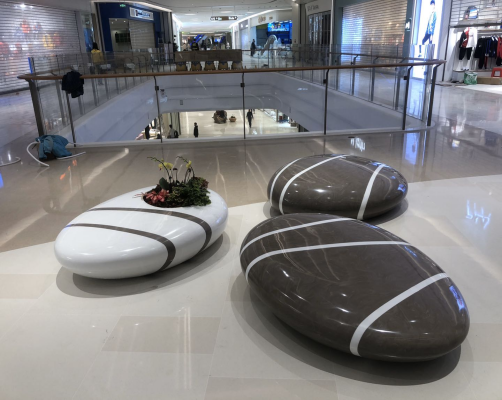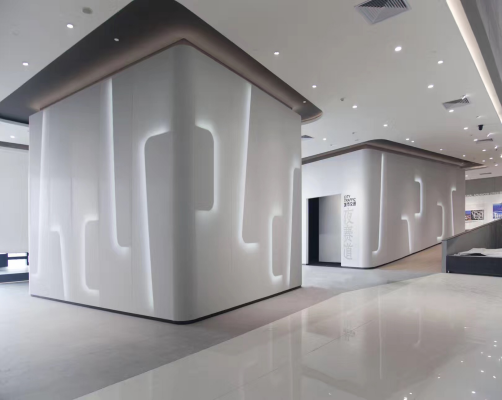Quartz sheets have gained immense popularity as a countertop material due to their durability, versatility, and aesthetic appeal. This article delves into the question, "Are Quartz sheets suitable for kitchen countertops?" It evaluates various aspects of quartz sheets, including their composition, benefits, drawbacks, maintenance requirements, and cost considerations, to provide a comprehensive guide for homeowners and interior designers.
1. Understanding Quartz Sheets
Quartz sheets, also known as engineered quartz or quartz countertops, are fabricated using a blend of natural quartz crystals, resins, and pigments. This manufacturing process results in a non-porous and highly durable product that closely resembles natural stone. The percentage of quartz content in the sheets determines their quality and strength.
2. Advantages of Quartz Sheets
Quartz sheets offer numerous advantages, making them a suitable choice for kitchen countertops:
Durability: Quartz sheets are incredibly durable, resistant to scratches, stains, and heat, ensuring their longevity.
Variety: They are available in a wide range of colors, patterns, and finishes, providing ample design options to suit various kitchen aesthetics.
Low Maintenance: Quartz countertops are easy to clean and maintain, requiring minimal effort to keep them looking pristine.
Hygienic: The non-porous surface prevents the growth of bacteria, making quartz sheets a hygienic choice for food preparation areas.
Consistency: Unlike natural stone, quartz sheets offer consistent color and pattern throughout the slab, ensuring a uniform look.
3. Limitations of Quartz Sheets
Although quartz sheets have numerous benefits, it is essential to be aware of their limitations:
Not Heat-Proof: While quartz is resistant to heat, extreme temperature changes can cause thermal shock and lead to damage.
Prone to UV Fading: Prolonged exposure to direct sunlight can cause quartz countertops to fade over time, particularly in outdoor kitchens.
4. Maintenance and Care
Maintaining quartz sheets is relatively simple. Regular cleaning with mild soap and water, along with avoiding abrasive cleaners and sharp objects, ensure their longevity. Additionally, it is advisable to use cutting boards and trivets to protect the surface from potential damage.
5. Cost Considerations
When considering quartz sheets for kitchen countertops, it is vital to evaluate the cost compared to other materials. While quartz countertops can be more expensive than laminate or tile, they are often more cost-effective than natural stone options like granite or marble.
Conclusion
Quartz sheets are an excellent choice for kitchen countertops due to their durability, design versatility, and low maintenance requirements. While they have some limitations, proper care can prevent potential issues. When considering quartz sheets, it is essential to weigh the benefits against the cost to ensure they align with your budget and design preferences. Ultimately, quartz countertops offer a sophisticated and practical solution for any kitchen.
 Column
Column
 Leisure seat
Leisure seat
 Wall
Wall
 Reception
Reception